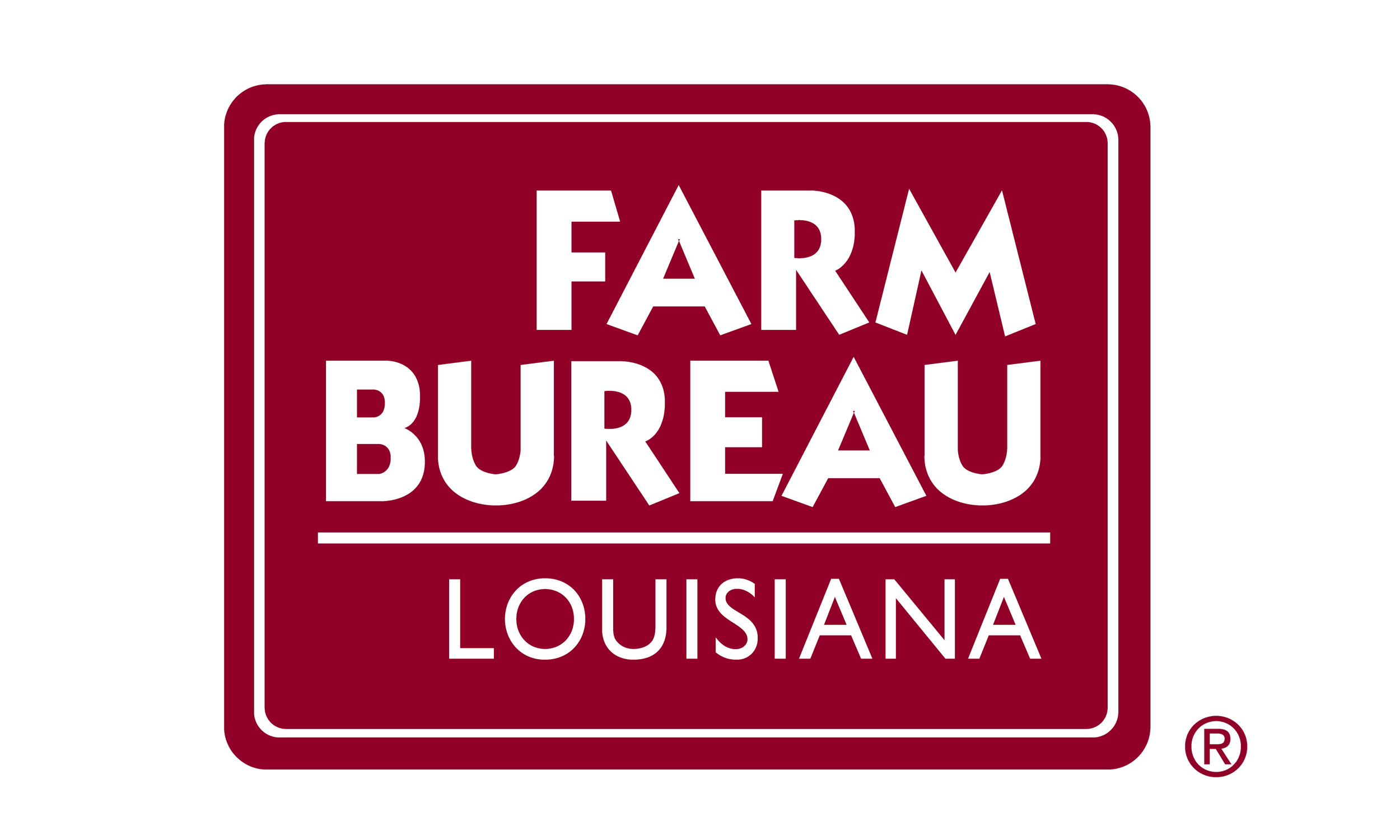Louisiana Farmers Awash in Relief as "Waters" Rule Sinks
Vacherie sugarcane farmer Greg Gravois is relieved to hear that EPA is rescinding the WOTUS rule.
By Neil Melancon, Louisiana Farm Bureau Federation
NEW ORLEANS--With the EPA rescinding the Waters of the United States (WOTUS) rule under the Clean Water Act this week, Louisiana farmers and ranchers should have felt refreshed.
For many here at the 95th Annual Convention of the Louisiana Farm Bureau here, it's also rescinding an ocean of fear that has washed over the state since WOTUS was passed. The rule would have over-regulated not only Louisiana agriculture, but everyone in the state.
"I would say the biggest thing I feel is relief," said Marty Wooldridge, a cattle producer near Oil City in north Louisiana, who is attending the convention. "I didn't know how far this rule was going to go. We have a creek that runs through our property and I was afraid we were going to get turned in for violating some rule just for doing our normal activities.
"We want to be good neighbors and good stewards of the land," Wooldridge added. "We know not to hurt the waterways or the land. We live on it and taking care of it is part of our heritage. The removal of this rule gives us the freedom to do our jobs and be an active part of this community.
Across the state in south Louisiana, Greg Gravois, a sugarcane farmer near Vacherie said he felt exactly the same.
"We have low spots on our property which can fill up with the daily rains we get around here," Gravois said. "Under the rule, we would have been responsible for the water that came out of those low spots, even if were part of natural erosion. No one likes to be micromanaged like that.
"To add to what Marty said, we want what's best for this land because we live on it," Gravois said. "We want clean waters and a healthy environment. To be in violation of a law when we wouldn't know what would qualify as a violation was just out of control."
Both the Louisiana Farm Bureau Federation and the American Farm Bureau Federation have actively campaigned against the WOTUS since it was finalized in 2015, through its Ditch The Rule campaign. LFBF President Ronnie Anderson, who is also an AFBF board member, said it is one of the more significant victories for agriculture in recent years.
"From the outset, this has been a vague and dangerous expansion of federal jurisdiction," Anderson said. "It could have made homeowners responsible for fertilizer runoff from their lawns every time it rained. For farmers and ranchers, it would have made them subject to fines and other penalties just because someone didn't like what they were doing.
"As both Marty and Greg have said, our producers want to feed and clothe everyone in an environmentally sustainable way," he added. "We do that every day. Rescinding WOTUS is going to help us have the confidence and the finances to supply that food and fiber affordably in the future."

